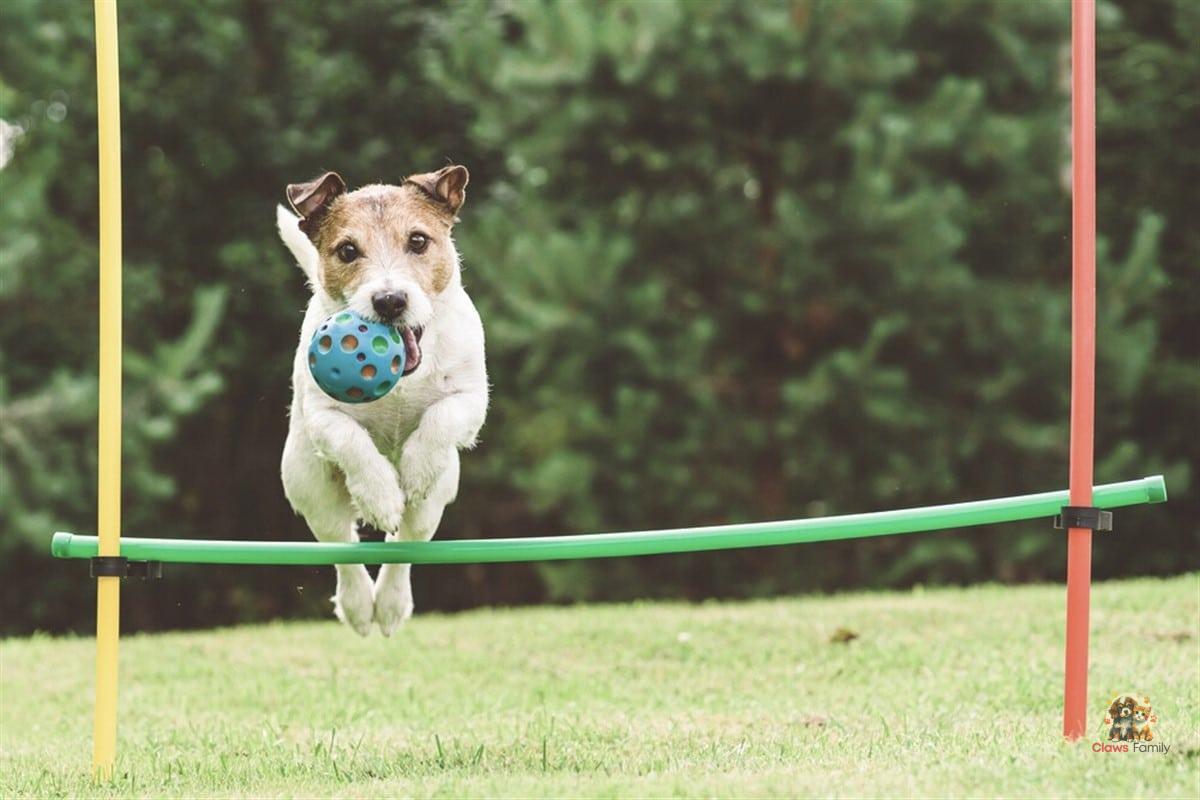Dogs have their own personalities; as any animal lover—and dog owner—can confirm, our four-legged friends are not all the same. Does training affect a dog's character?
There are various circumstances that modify a dog's character: there's genetics, which means a breed's tendency to have certain character traits over others; there's the dog's life experience from birth, including the environment in which it started to move and any possible traumas; and, of course, there's the relationship with the reference human and the quality of that relationship.
What are the differences between the dog's education and training?
Educating a dog means teaching it the small rules and the first very important commands that will allow it to coexist in the best way possible in modern society. This ranges from the simple "sit" to leash training, including the essential "stay" and "come." We can effectively compare dog education to primary school because without it, one cannot proceed to specific training. If one wants to direct the dog towards a specific utility, this occurs after an educational path through which one can also sense which discipline it might eventually be guided towards.
In fact, training is everything that happens afterward. Sports disciplines such as agility or disc dog, as well as services like pet therapy or water rescue, all fall under the category of training.
How much do these activities affect personality?
Can we also include training in this list? We know that for some types of dogs, training is particularly important: both to make coexistence with other dogs and humans easier, and because some "high-energy" breeds benefit from mental stimulation and physical exercise.
So, does training change our four-legged friend's personality? It smooths out the dog's more problematic traits, perhaps due to the breed or past traumas, but it does not change its character, which is shaped by the owner-dog relationship.
A dog that maintains a peaceful and trusting relationship with its human companion is considered to be the best representation of its personality. A human will be best represented by a dog that best expresses its personality; to put it simply, a loved dog will be well-disposed towards the world, while a mistreated dog will tend to be problematic, and this is not a character problem.
The character of the owner influences the dog's behavior.
Moreover, the dog will tend to unconsciously shape its personality based on the owner's.
To confirm this, there is actual scientific research based on a questionnaire called the "Dog's Personality Questionnaire" (DPQ), promoted by Dr. Claire Jones of the University of Texas. Professor William Chopik of Michigan State University then used the questionnaire for research on the character of dogs.
We administered the questionnaire to over 1,600 dog owners of various breeds, both male and female, aged between 0 and 15 years. The questions were not only related to the dog's character, but also to the owner's. The results clearly showed that there is a correlation between the owner's character and the dog's. For example, people who described themselves as friendly reported having calm and non-aggressive dogs, while extroverts described their dogs as active and excitable but prone to training. Owners who frequently reported experiencing negative emotions included those with more restless and rebellious dogs.
It thus seems evident that it is the owner's lifestyle that most shapes the dog's character.
More: Dog Training


